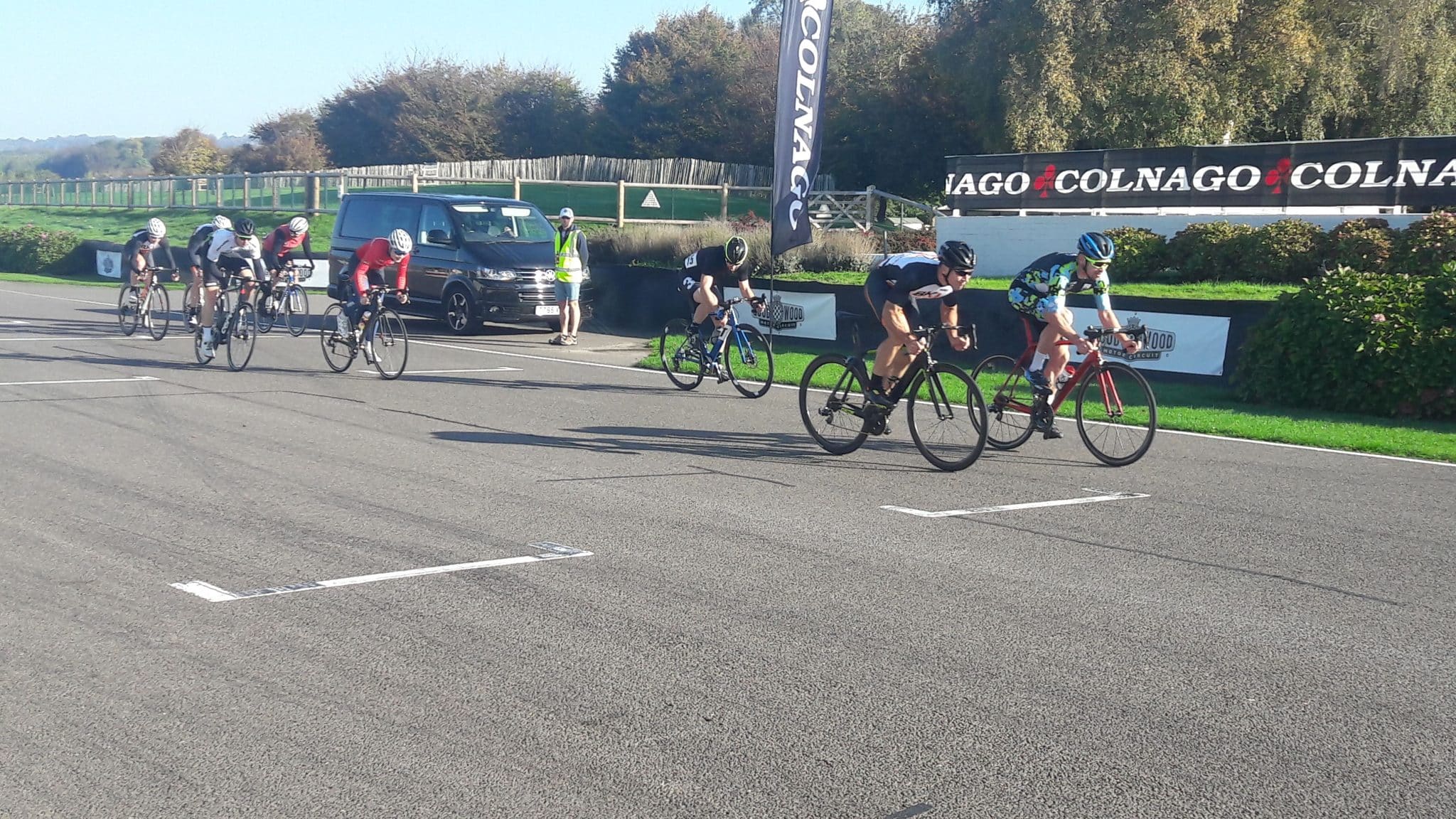David Whiscombe on the dangers of claiming to be a “worker”.
Hot on the heels (or perhaps wheels) of plumbers, Uber drivers and others, it is reported that Olympic cyclist Jess Varnish is asserting her rights as a “worker” in order to pursue a claim against UK Sport and British Cycling for unfair dismissal and sex discrimination. And yet again, the unschooled media is confusing “workers” with “employees”, with concerns being expressed that if Ms Varnish were to win, UK Sport would have to account for National Insurance Contributions on grants. Not so: a “worker” may be an employee or may be a self-employed “limb (b)” worker: for the purposes of the claims being advanced in cases such as Ms Varnish’s, the distinction is not material.
One expressed concern that is valid, however, is the potential taxation impact should athletes grant-aided by UK Sport be found to be “workers”. Let us explain.
Some athletes are plainly employees: this would include, for example, Premier League and other professional footballers. But for most athletes, their activity is accepted by HMRC as being no more than a hobby. This may remain the case even if lottery-funded Athlete Personal Awards (“APAs”) are received; these awards do not normally of themselves bring into existence a source of income for tax purposes. It is only if an athlete’s activities demonstrate the usual “badges of trading” that they will constitute a trade.
Of course, once you’ve become an internationally successful Olympian and you are enjoying sponsorship and endorsement deals, receiving attendance and performance fees, making paid TV appearances and so on, you are trading, and all income is brought into account in computing profits (including APAs, though since these are means-tested they are unlikely to be received by top professionals). But exactly where on the journey from pounding round the cinders track on a cold dark February morning to training in the Florida sunshine you move from hobby to trade is, in HMRC’s words, “very much a question of fact and degree”.
However, wherever that point lies, it is difficult or impossible to reconcile the notion of a “hobby” outside the scope of tax with that of being a “worker” with all the protections that that affords. So, a finding that grant-aided athletes are self-employed “workers” would be very likely to bring many more activities within the charge to Income Tax than at present. For the sake of the community of athletics, Ms Varnish would do well to be careful what she wishes for.
For more information, please get in touch with your usual BKL contact or use our enquiry form.


